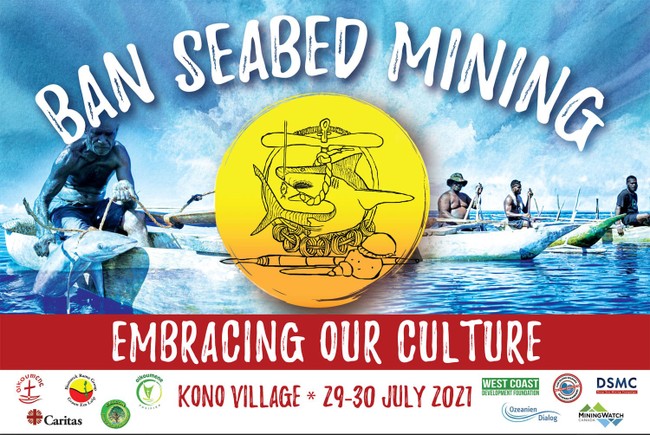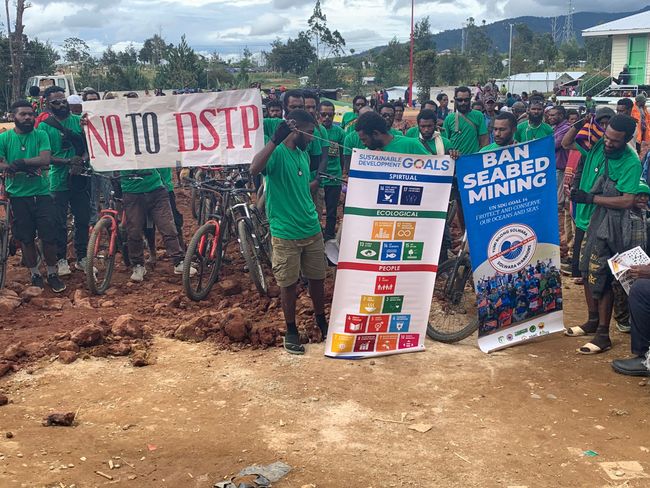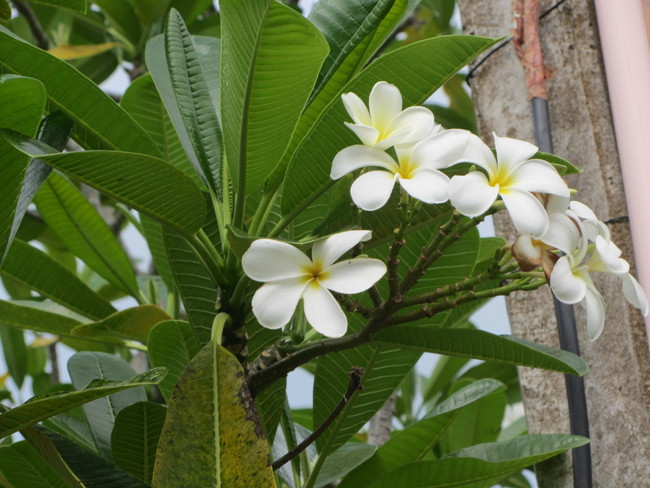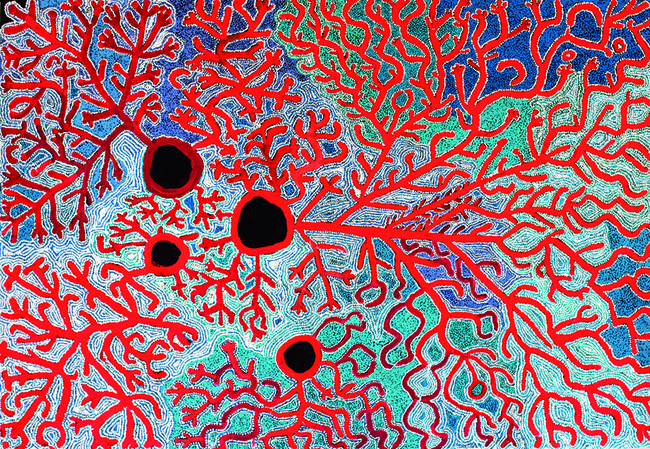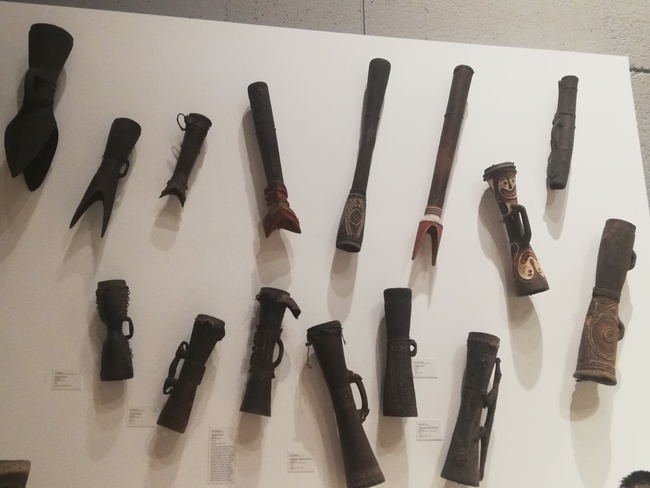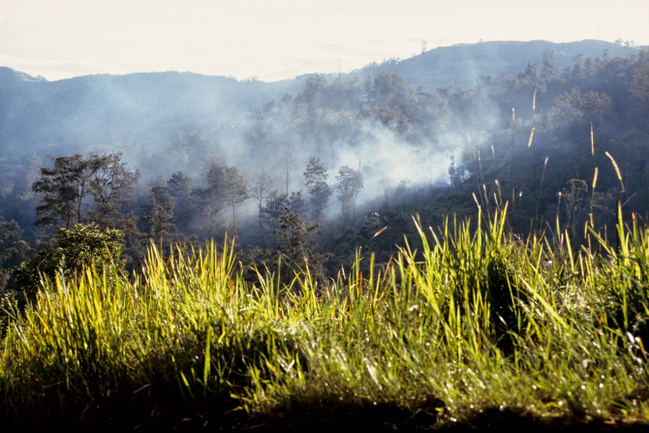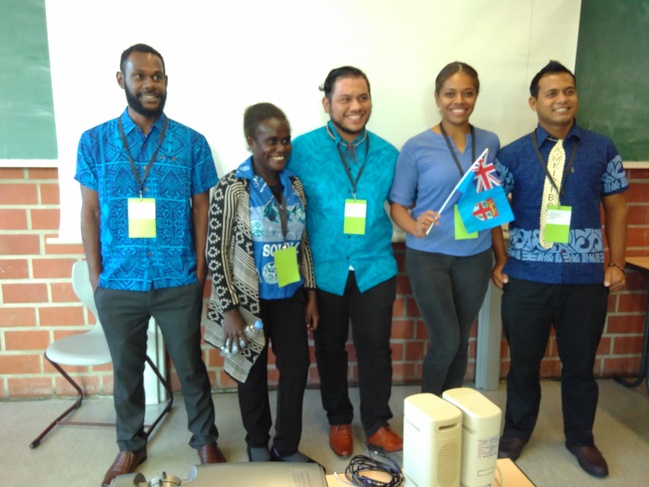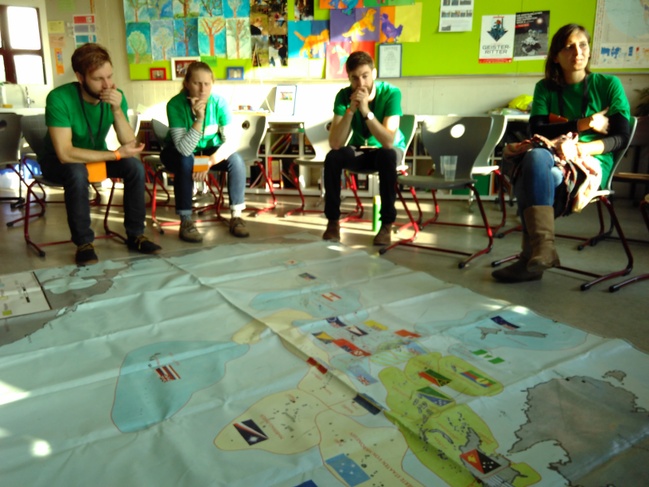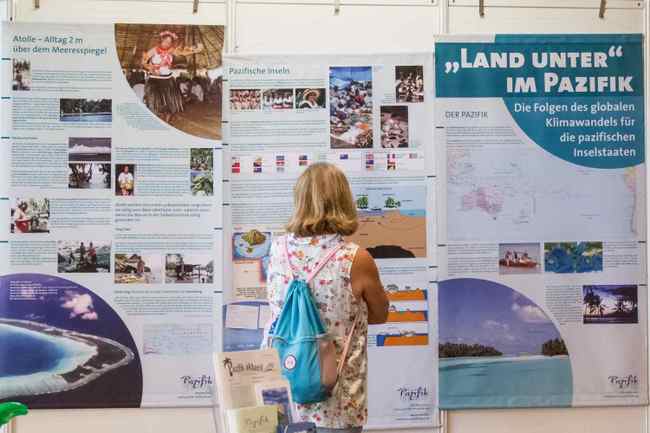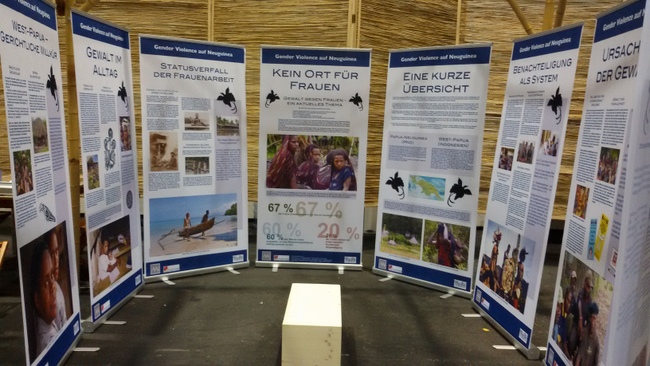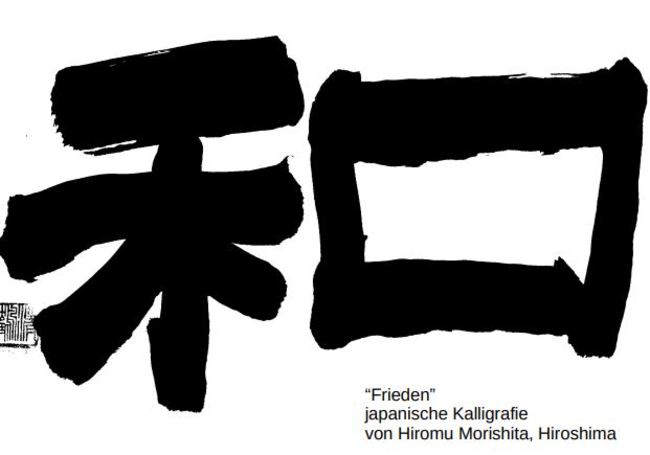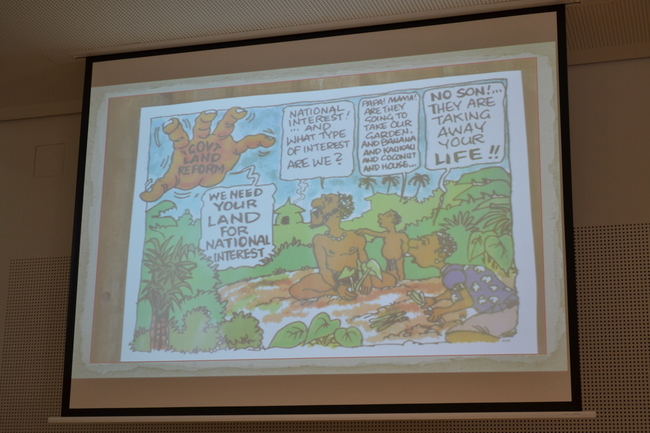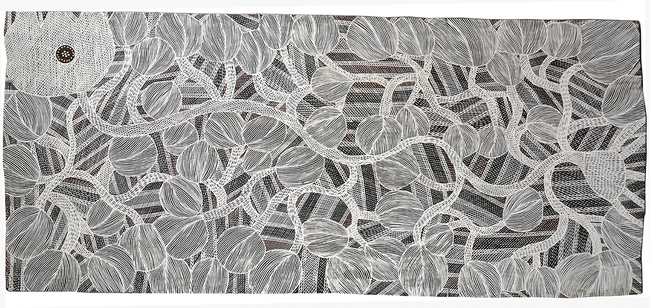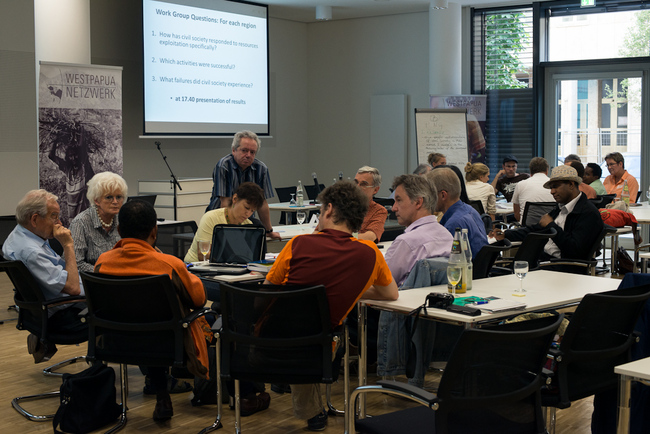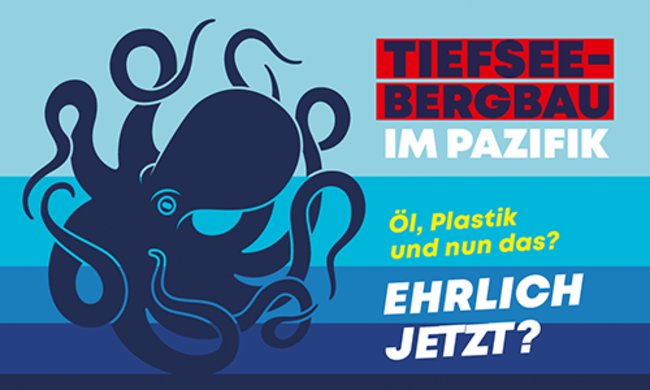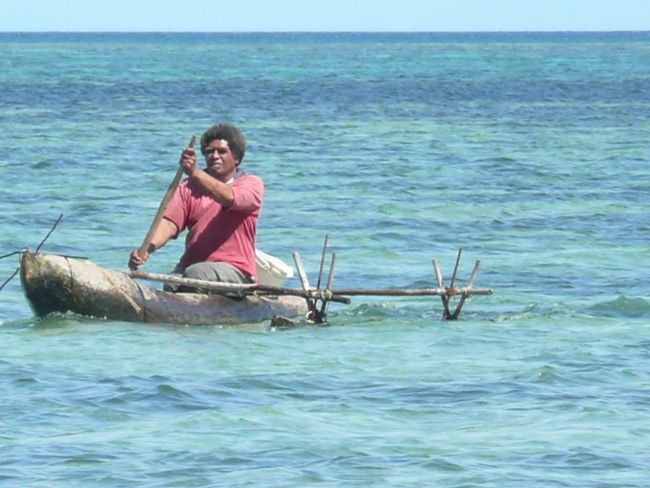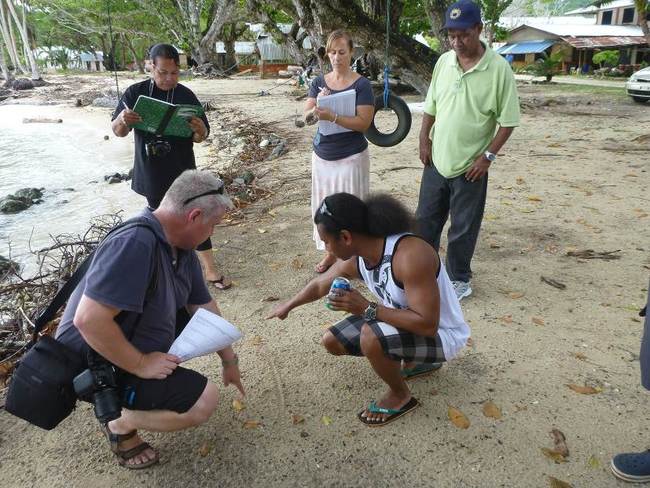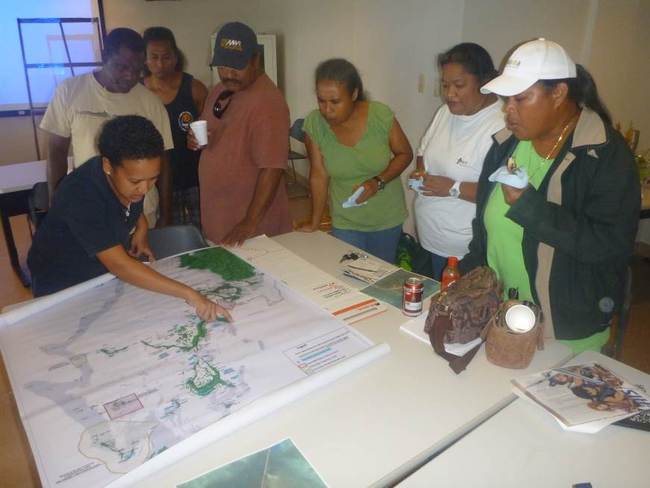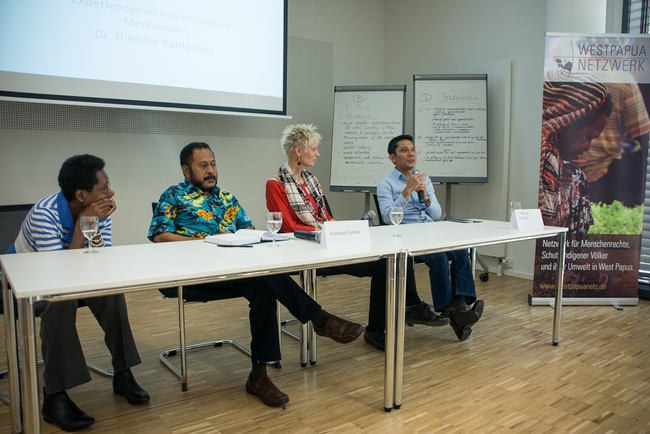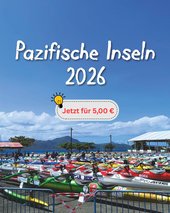Australia's new foreign policy in the Pacific region
22.04.2005: Dossier Nr. 70 - Conference Report of the German Pacific Network, 26th-27th November 2004, University of Hamburg
Dossier Nr. 70
The military intervention in the Solomon Islands in July 2003, which was conducted by an Australian-led multilateral South Pacific force, has to date been the most prominent expression of a long-term reorientation of Australian politics in the Pacific region. The Australian government justified its massive interference in the internal affairs of a sovereign neighbour state on the grounds that the Solomon Islands, as a "failed state", might potentially serve as a safe haven for international terrorism, organised crime and drug trafficking and possibly could thereby endanger Australia's national security.
On the one hand, the Australian government encouraged the Solomon Islands government to request assistance. The Solomon Islands government, badly shaken by several years of internal violent conflict, saw itself incapable of achieving and maintaining security on its own. On the other hand, Australia’s policy neatly dovetailed with international public discourse which is gradually making military interventions appear necessary and legitimate in fighting global terrorism.
In the eyes of the Australian government, the intervention in the Solomon Islands proved to be a success and led to the re-stabilisation of the country. At least that is what it looks like on the surface. It remains to be seen whether this situation can be sustained. Meanwhile, the Australian government has made it quite clear that it is pursuing a new regional order by strengthening its presence in other Pacific states (first of all in neighbouring Papua New Guinea) and by intensifying its efforts toward an integration of the South Pacific under Australian leadership; for example, by activating the Pacific Islands Forum and the Pacific Agreement on closer economic relations. This new political order is intended to benefit Australia's national security interests and global security on the one hand and to lead to the re-stabilisation of particular South Pacific states on the other.
Thus a fundamental change in Australian policy towards the South Pacific has taken place: Australia's attitude has shifted from restrained indifference to a proactive willingness to interfere in the affairs of other South Pacific nations.
The Pacific Network of Germany took the occasion of this development to organize a conference on "Australia's New Foreign Policy in the Pacific Area".
The Department of Indonesian and Oceanic Languages at the Asia-Africa-Institute of the University of Hamburg hostet this conference from 27th to 28th of November 2004. The conference comprised a broad range of speakers from universities, NGOs, journalism and politics coming from various Pacific countries, Australia and Gemany to discuss the new trends of Australia's foreign policy and their consequences.
The fascinating contributions of the speakers and participants made this forum to one of the rare occasions in Germany to learn more about 'Down-Under' and to view the South Pacific beyond the Hula-Horizon. The Pacific Network sees this conference as a kind of kick-off and hopes to contribute to the launching of a broader discussion on the more or less political blind spot - the Pacific region.
The Pacific Network is proud to document the presented papers in this reader and likes to thank once again anyone who contributed to the success of this conference.
April 2005, 48 Seiten, 2,50 €
Sie können das Dossier im Shop der Pazifik-Informationsstelle online bestellen.
